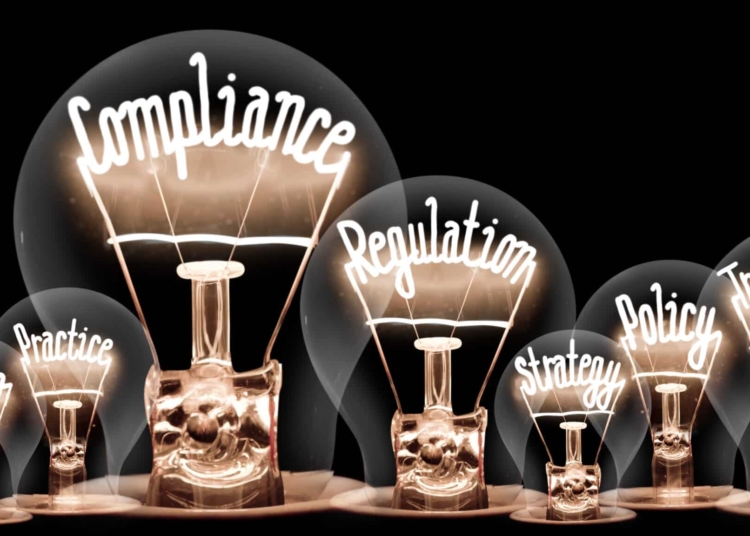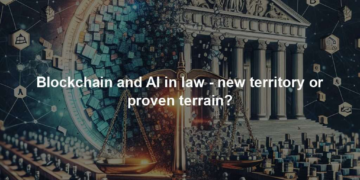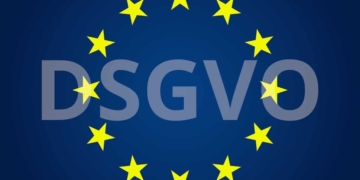The diversity of the IT and media industry
As an attorney specializing in the IT and media industries, I have the privilege of working with a variety of entrepreneurs who operate in different sub-sectors. The fascination that emanates from this industry is immense. From developing innovative software to creating immersive media content, the possibilities are endless. But what impresses me most is the entrepreneurial spirit and creativity I see in my clients. Each sub-industry has its own unique culture and community, and it’s amazing to see how these communities work together to create incredible products and services.
The IT industry, for example, is a melting pot for innovations. Here we find everything from artificial intelligence and machine learning to cloud computing and cybersecurity. The media industry, on the other hand, is a creative powerhouse involved in the production of films, music, books and other forms of entertainment. Both industries are incredibly dynamic and constantly evolving. As an attorney, it is my job to guide my clients through the legal challenges that come with this ever-changing landscape.
It is also remarkable how much the IT and media industries have overlapped in recent years. With the rise of social media and the digitization of content, the lines between these two industries have become increasingly blurred. This has led to new business models and opportunities, but also to new legal challenges.
The challenge of legal compliance
However, during my work with these entrepreneurs, I have also noticed that many of them have a certain aversion to legal structures, laws and formalities. This is often because they feel constrained in their creativity or feel that laws are not keeping pace with rapidly evolving technology. However, this attitude can be problematic, as it is essential to comply with applicable laws and regulations to avoid legal consequences.
It is understandable that entrepreneurs in the IT and media industry often feel that laws and regulations restrict their creativity and ability to innovate. Many laws were written at a time when today’s technologies and business models did not exist, and therefore may appear outdated. However, it is important to recognize that these laws often serve to protect consumers, intellectual property, and the integrity of the marketplace.
Interestingly, I just had a similar discussion this morning with an entrepreneur in the technology industry. He was concerned that certain legal requirements would hinder the development of his product. However, after an in-depth discussion and analysis of the relevant laws, we were able to jointly find a solution that was both legally compliant and conducive to his business model. It took a little more effort and creativity, but in the end we were able to develop an approach that met his needs. This is a prime example of how tailored advice and contract design can help strike the balance between legal compliance and entrepreneurial freedom. It also underscores the importance of close collaboration between lawyers and entrepreneurs to ensure that the legal framework supports, rather than hinders, innovation.
Special challenges in the games industry, esports scene and blockchain
Especially in the games industry, the esports scene and among blockchain enthusiasts, this dismissive attitude towards legal structures is widespread. These industries are often pioneers in the use of new technologies and methods, and current laws can be perceived as a hindrance. In the games industry, for example, there are often concerns about intellectual property and monetization, while in the blockchain world, anonymity and decentralization may conflict with regulatory requirements.
The games industry is a prime example of an industry that has developed rapidly. With the rise of online gaming and Esports, the industry has become a multi-billion dollar market. At the same time, blockchain technology has the potential to revolutionize the way we transact and store value. However, both industries also face legal challenges ranging from data protection to intellectual property to regulatory compliance.
A good example is the tendency of many players in these industries to want to remain “anonymous.” This is especially prevalent in the blockchain world, where anonymity is considered one of the core features of the technology. There are similar tendencies in the games industry, especially among developers and players who do not want to reveal their identity. However, this may conflict with data protection laws and other regulatory requirements.
In addition, there is a concern that too much compliance, especially compared to international providers who may be less regulated, can lead to a competitive disadvantage. This is a legitimate concern, as excessive regulation can limit innovation and hurt competitiveness.
But here’s the key: there’s a solution for everything, and if it’s cleverly designed, compliance can actually become a competitive advantage! By seeing regulatory requirements not just as an obstacle, but as an opportunity, you can build trust with customers and partners. A company that is transparent and demonstrates that it adheres to high ethical and legal standards can position itself as a trustworthy and reliable partner. This can be especially valuable at a time when data breaches and scandals are shaking consumer confidence.
Finding the middle ground
However, as an entrepreneur in Germany, it is essential to comply with applicable laws, including data protection, consumer protection and tax law requirements. This is where my role as a lawyer comes in. I help my clients find a middle ground between compliance and industry custom. This means that together we develop strategies to ensure that their company is not only legally compliant, but also able to remain competitive in an ever-changing industry.
It is an art to find the right balance. It requires a deep understanding of the industry in which the company operates and the applicable laws and regulations. As an attorney, I work closely with my clients to ensure that their business practices and contracts not only comply with legal requirements, but also support their business goals.
Customized consulting and contract preparation
With my experience in marketing and business development as well as my legal expertise, I am able to offer tailored advice and contract drafting that takes into account both the legal and business aspects. My contracts and advice are designed to protect business owners and other stakeholders as much as possible, while making business sense. I understand the challenges entrepreneurs face in these industries, and I’m here to guide you through the complex legal landscape and ensure your business is on solid legal footing.
In counseling, I focus on educating my clients about the potential legal risks that may be associated with their business practices and provide solutions that minimize those risks without compromising innovation. In contract drafting, my goal is to develop contracts that are clear, understandable, and protect my clients’ interests while providing flexibility for growth and expansion.
It is important to recognize that in today’s fast-paced business world, a “one-size-fits-all” approach to legal services is not enough. Every company is unique, and the legal challenges it faces require a customized approach. By combining my legal expertise with a deep understanding of the industries in which my clients operate, I am able to provide a customized service that meets the specific needs of each client.
Closing words
If you are an entrepreneur in the IT, media, gaming, or blockchain industries running a startup or venture looking for legal support tailored to your specific needs, I invite you to contact me. Together, we can ensure that your startup or venture not only meets legal requirements, but also succeeds in an ever-changing and challenging industry. My mission is to help you navigate the legal landscape and give you the tools you need to put your startup on a solid foundation and grow it successfully.
Startups and ventures are often the driving force behind innovation, bringing fresh ideas and concepts to market. The dynamism and agility that these young companies bring is often their strength, but it can also bring challenges, especially when it comes to legal aspects. As a founder, you may be focused on developing your product or service, and legal issues can seem overwhelming.
In a world where technology and business practices are constantly evolving, it is essential to have an experienced partner on your side to guide you through the complexities of the legal system. As an attorney specializing in helping startups and ventures, I understand the unique challenges you face and can help you overcome legal hurdles without compromising your ability to innovate.
It’s also important to recognize that legal protection for your startup or venture is not just about avoiding problems, but can also be a critical factor in long-term success. Investors, partners and customers often look for companies that are legally backed and follow ethical business practices.
Let’s work together to help your startup or venture protect and thrive. Through tailored legal advice and support, we can ensure that your business is built on a solid foundation that will enable you to realize your vision and succeed in your industry.













































